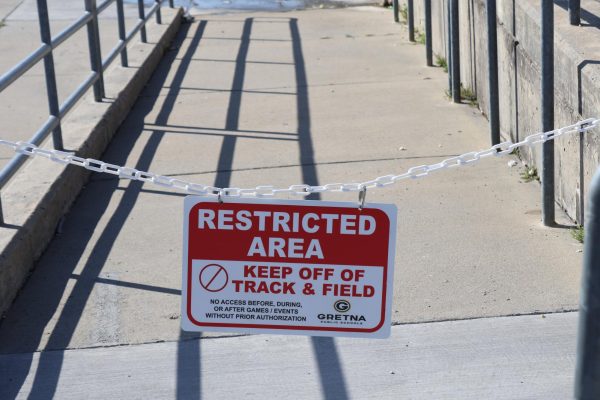Taking the World by Storm
What is a Pandemic?

Behind the Mask Masks are not a new pandemic fashion. Their functional usage can be traced back to ancient Egypt, and they have been a key tool in helping prevent the spread of disease ever since.
As some people may have noticed, the world has come to a grinding halt over the past few weeks. The global economy has tanked, store shelves have emptied and tens of thousands of people have died. A tiny, little particle, that shall not be named, appears to be the root cause of this global catastrophe. The World Health Organization has called this little scrap a pandemic, yet many people are left wondering what is a pandemic.
Is this the first pandemic?
No, this is not the first pandemic the world has ever seen. In fact, the first-ever recorded pandemic took place in ancient Greece more than two millennia ago. This aboriginal foray into global misery was followed up by notable worldwide outbreaks such as the Bubonic Plague which killed one-third of the world’s population during the Middle Ages, the Spanish Flu pandemic, a bird born illness that killed tens of millions of people in the wake of the First World War, and more recently, HIV/AIDS, the world’s only other active pandemic, which has killed tens of millions of people since being discovered in 1981.
What does “pandemic” mean?
The meaning of the word “pandemic” itself is a complex issue. Its proper definition has been argued over as scientists decide if a pandemic should be declared based on its ability to be spread, or if the severity of the virus should be taken into account. Even with that, the consensus among the scientific community is that a pandemic is a relatively new disease that spreads around the world.
What are the criteria for a pandemic?
According to the Journal of Infectious Diseases, to start, a disease needs to spread globally or over a significant area of the Earth. Then the disease needs to spread easily from person to person this happens most often in the form of respiratory illness. Next, the disease must spread quickly and without warning. Past pandemics have relied on populations with low or weakened immunity such as young children and the elderly. Lastly, severity though this characteristic is debated about the term pandemic is usually associated with incredibly harsh diseases that often have high mortality rates.

The Same, But Different The newest iteration of a deadly pandemic has a very similar look to some of its predecessors. The National Institute of Allergy and Infectious Diseases has said the disease looks much like the SARS virus that worried the world in late 2002.
How do you stop a pandemic?
The CDC lists four main criteria for preventing a pandemic before it can take hold: surveillance systems to quickly detect cases, laboratory networks to find the disease’s original cause, a trained workforce to contain outbreaks and emergency management systems to formulate a proper response.
How do you actually stop a pandemic?
In theory, the CDC’s plan should work, but lately, it has not. To stop a pandemic once it gets rolling, governments need to start early with strict preventative measures to ensure they “flatten the curve” of disease progression. These include basic personal care like hand-washing all the way up to government intervention to stop public gatherings. This buys time for the medical community so that they are not left overwhelmed with patients and can begin developing a cure for the disease. If the curve is not flattened then a population’s only option is to isolate for a longer period of time and hope that the disease fades with a minimal loss of life.

Zane Mrozla-Mindrup is a senior at GHS and is continuing into his fourth year on The Voice Staff. He serves as the News Editor. He enjoys being in journalism...






